Days
Hours
Minutes
Seconds
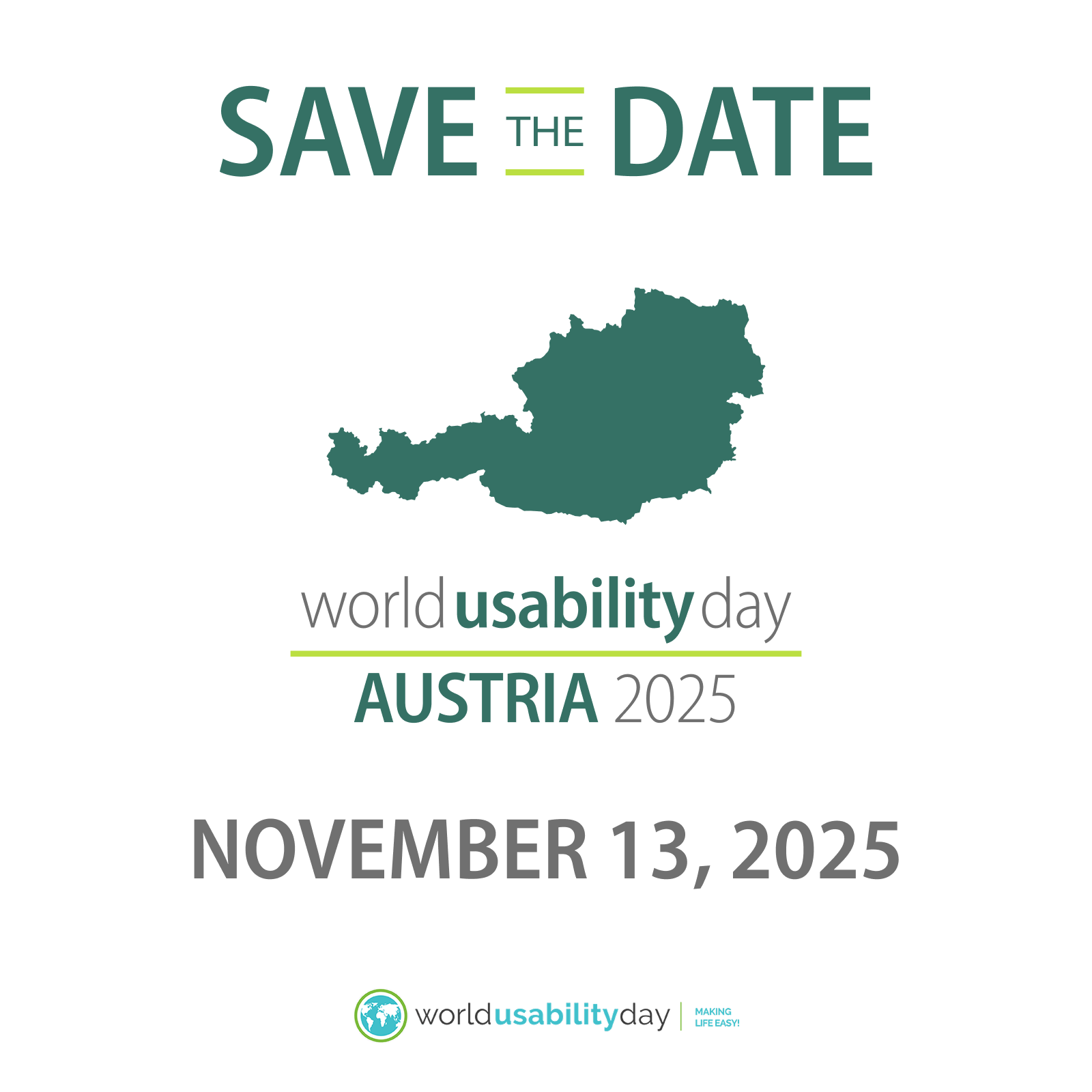
UX communities all over Austria come together to organize one collaborative event for World Usability Day 2025, the 20th anniversary of the World Usability Day. We are hosting the event fully remote - so you can attend from anywhere around the globe!
Join us at the World Usability Day Austria 2025 as we explore emerging technologies and their impact on human experience!
Our well curated speakers and hosts at this years WUD Austria
Do not miss our interesting talks
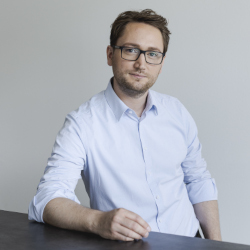
A warm welcome to World Usability Day Austria 2025, a unique gathering of UX communities from across Austria, all coming together for a collaborative and insightful event. Today, we are delighted to have Johannes Lehner from UX Graz moderating our sessions, guiding us through a series of engaging talks and discussions.
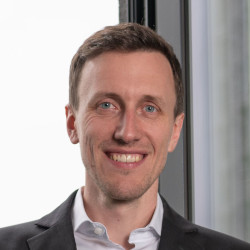
When technologies become more powerful—AI, automation, immersive systems—design principles matter more, not less. This talk explores five practical principles to ensure emerging technologies serve human needs rather than replace them: listen first, prioritize trust, protect privacy, choose simplicity over cleverness, and remember you're not the user.
Benedikt is Program Director of the User Experience Management MBA degree at Fachhochschule Technikum Wien and has been teaching and researching UX for over 15 years. His work focuses on bridging the gap between rigorous UX methodology and the real-world constraints educators and professionals face when building human-centered systems.
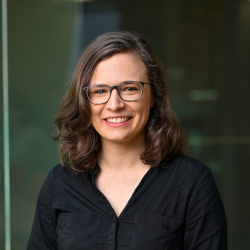
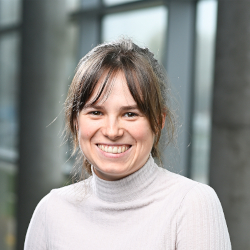
High noise levels and a hectic environment are just some of the challenges that limit pupil’s wellbeing in everyday school life, especially for those with sensory sensitivities. Placing these experiences at the center of research is essential for developing technical solutions that address actual user needs and ensure their usability. In collaboration with teachers, parents and other school-related stakeholders, key challenges were identified, and requirements were co-created to design the BeSENSHome system. The aim is to benefit all user groups by enhancing pupils' environmental well-being and supporting teachers in maintaining comfortable room conditions.
Laura Kroll and Anna Resch are both Junior Researchers at the Research Unit ENABLE for Health, Inclusion and Care at the Carinthian University of Applied Sciences. Due to their different professional backgrounds, they contribute to the interdisciplinary approach of projects. Laura holds a Master’s degree in Health Care & IT and is specialized on technical development and user experience to address inclusion and health challenges. Anna, as a psychologist, provides expertise in participatory research approaches and evaluation methods. Together with the research team, they conduct human-centered research, transforming technology into tools that meaningfully support health and inclusion.
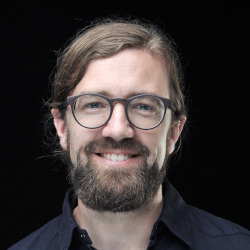
It’s time to stop doing the tasks that we never really wanted to do anyway! I will present concrete ways for freelancers and companies to use AI-based tools and build cost-efficient, fully automated DesignOps infrastructures across disciplines and department boundaries. From universally searchable user research insights to quality-assured Figma files and virtual user tests using AI persona agents: I will demonstrate how digital human-centered product development can benefit from the latest achievements of our time—and thereby remain relevant in the future.
Thomas is the owner and managing director of Centigrade GmbH, one of Germany’s leading IT companies specializing in UX. He has been working for over 20 years on new UX methods, design systems, and agile software development processes. He supports corporations and startups in their human-centered digital transformation and as received multiple prestigious Design Awards. Particularly in the area of DesignOps, he is an expert for workflow automation and AI agents. He is also the founder of the AI Personas Startup LeanScope AI.

As artificial intelligence increasingly shapes how products are designed and tested, the role of UX professionals is being redefined. Will we still need designers in the traditional sense? What does "design" mean when AI can generate interfaces, simulate users, and evaluate usability?
This panel explores the shifting boundaries between human creativity and machine assistance. Together, we'll discuss questions such as:
One thing is certain: as our tools change, so must our understanding of what it means to design.
Online via Zoom / YouTube